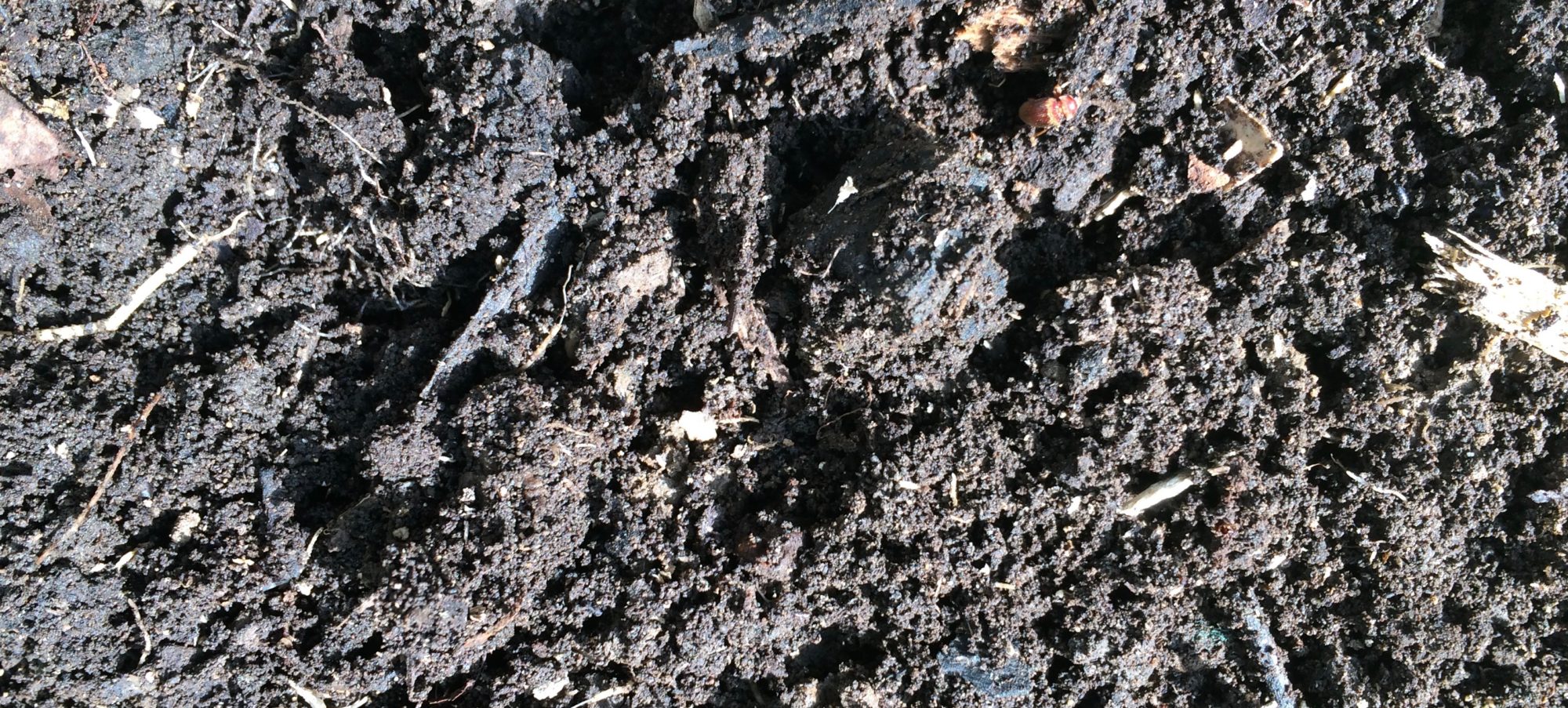While sitting on a humanure toilet bucket, I got to thinking about how common it is for us to give thanks, bless, and celebrate the food that we are about to eat, but wondered why don’t we bless it when it has finished giving our body sustenance?
Taking a Minute
In a culture of high stress, we are blessed to have bodies that need to eliminate wastes to have a few moments to ourselves before we hurry back to whatever maybe less important thing that we were doing.
Our “modern” homogenized tele-envisioned lifestyle is cleverly crafted from advertisements to make us buy stuff to puff up our status at the same time that it cuts us down. It normalizes a lifestyle that slaps cheap prices on pricelessness extracted from nature. We work like crazy to keep pace with that idealized lifestyle. And maybe we have become comfortable with the life that we know. And deep down, we know that we are complicit.
Luckily we are human, with the ability to learn, change, and grow.

Blessing our poo, and where it goes when we’re done with it, might lead us to be more thoughtful about what we put into our own personal digesters. We might eat more healthily, when remember that it will end up in the soil and water to feed nature. More of us might use systems that makes good use of the nutrients you are cycling.
So, the next time you find yourself on the pot, waiting, pushing, or hurrying, take a moment to listen to yourself. Think about what you have been eating and how you are feeling. Give thanks to your body for its ability to process what you have taken in. And release it with gratitude. Take a look at it and study it’s condition. It’s a reflection of your health. Keep working on your healthy microbiome.
Give Thanks for your Poo
I give thanks to the blessings of nourishment given to my body. I am grateful to the planet that I’ve had plenty to eat and drink to satisfy my needs. And now, I release back into the cycle of life, that from which I’ve taken what I need to continue living and breathing. May what I release be of good use, that future generations can benefit from the nourishment passed through me. Blessings, Amen, ah Ho, Namaste, thank you, gracias.
Bless this poo, that I now do, Love from the dirt, Now cycling through





